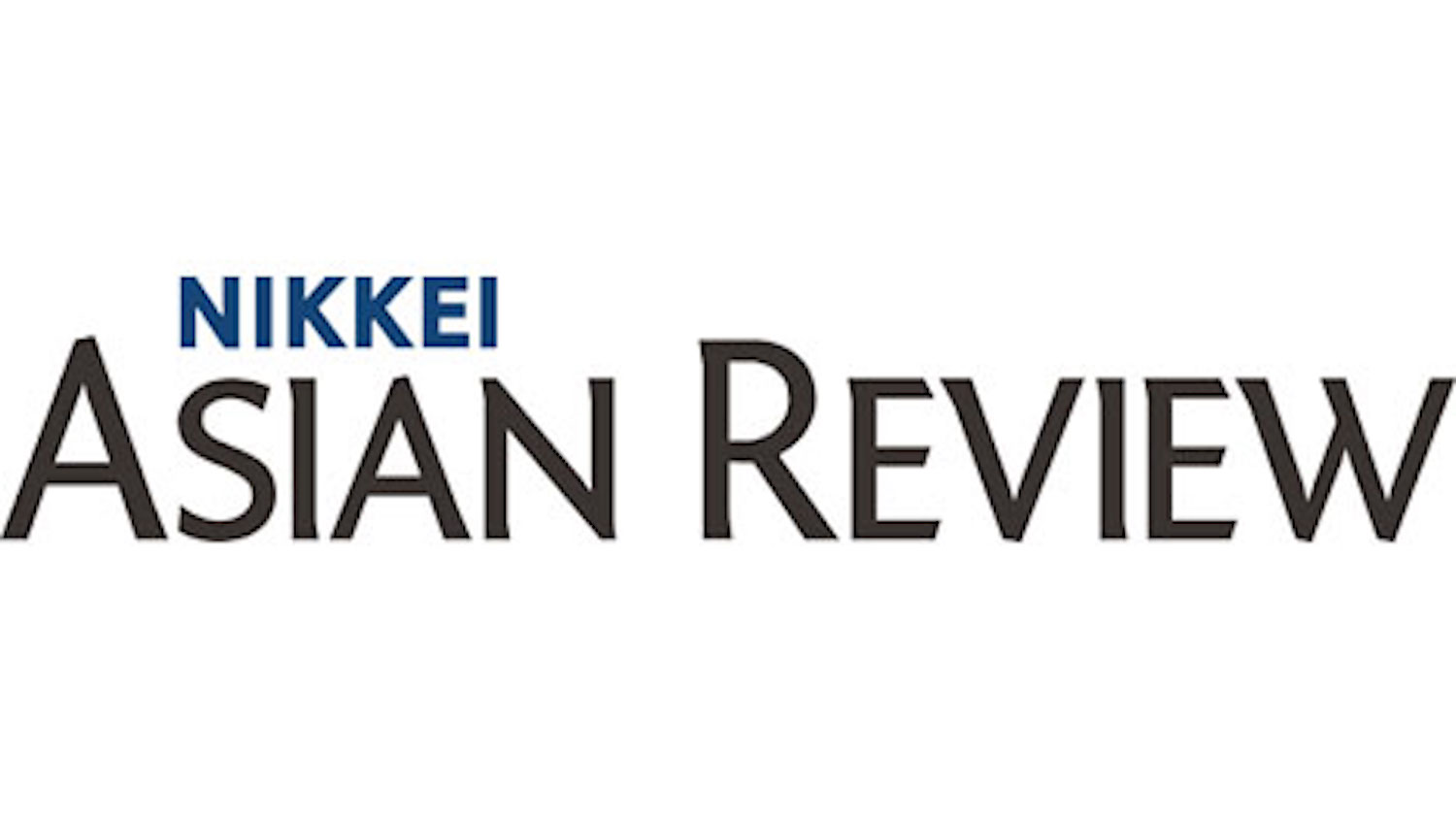New MBA Healthcare Analytics Class Takes Off This Fall
Healthcare providers are facing continued lower operating margins, increased risks and potentially once-in-a-lifetime health care reform. With this backdrop, there is an increasing focus on Supply Chain Management as a means to minimize risk, optimize operating costs, improve revenue, improve operating margin and hence enable the hospital to better serve the patient. A major challenge in this area is the lack of effective analytics to drive improved decision-making in the sector. Evidence of how bad the data is in healthcare can be found in a recent article, that discussed how Alphabet, Microsoft, and others are seeking to facilitate even the most basic forms of functionality, sharing patient data between hospitals. The data is so awful, that most hospitals are unable to perform this simple task. The promise of Electronic Medical Records resulted in billions of dollars of investment in systems like Epic. As anyone in healthcare knows, these systems are ultimately not providing the promise of data integration across the supply chain.
 As the healthcare sector continues to struggle with these rising costs and lower reimbursement payments, healthcare executives continue to place their faith in the ability of Electronic Medical Records as a means to drive efficiencies and improve productivity, while containing costs. These approaches will be likely ineffective, as they overlook a fundamental problem that exists across the sector: the lack of effective data governance, resulting in lack of visibility on the trust cost of providing patient care. In a new healthcare class called “Healthcare Supply Chain Analytics”, we are linking students to hospital supply chain executives to dive into this issue and explore the nature of the data governance challenge that exists in healthcare.
As the healthcare sector continues to struggle with these rising costs and lower reimbursement payments, healthcare executives continue to place their faith in the ability of Electronic Medical Records as a means to drive efficiencies and improve productivity, while containing costs. These approaches will be likely ineffective, as they overlook a fundamental problem that exists across the sector: the lack of effective data governance, resulting in lack of visibility on the trust cost of providing patient care. In a new healthcare class called “Healthcare Supply Chain Analytics”, we are linking students to hospital supply chain executives to dive into this issue and explore the nature of the data governance challenge that exists in healthcare.
Students in this class will learn to understand the importance of integration in analytics and data between Clinical Information, Clinical Data Masters, and Materials Management Information Systems, driven by a lack of data interoperability. Next, students will conduct directed analytical learning projects with large hospitals, using data collected and cleansed by SCWorx, an SCRC partner company, as well as with other SCRC companies. Other projects will also involve analytical insights for spend data with the American Red Cross, one of the largest providers of blood and humanitarian logistics services. These applied learning projects will students to understand the challenge of working with healthcare analytical insights, and will explore relationships between the data and sourcing strategies driven by the hospitals. Over the course of the semester, students will learn to understand how these challenges can be overcome through improved data governance. Finally, we describe the nature of the pathway for getting out of this quagmire for the industry, by using data and analytics to drive cost and productivity improvements across operating units and the supply chain.
Healthcare, here we come!


